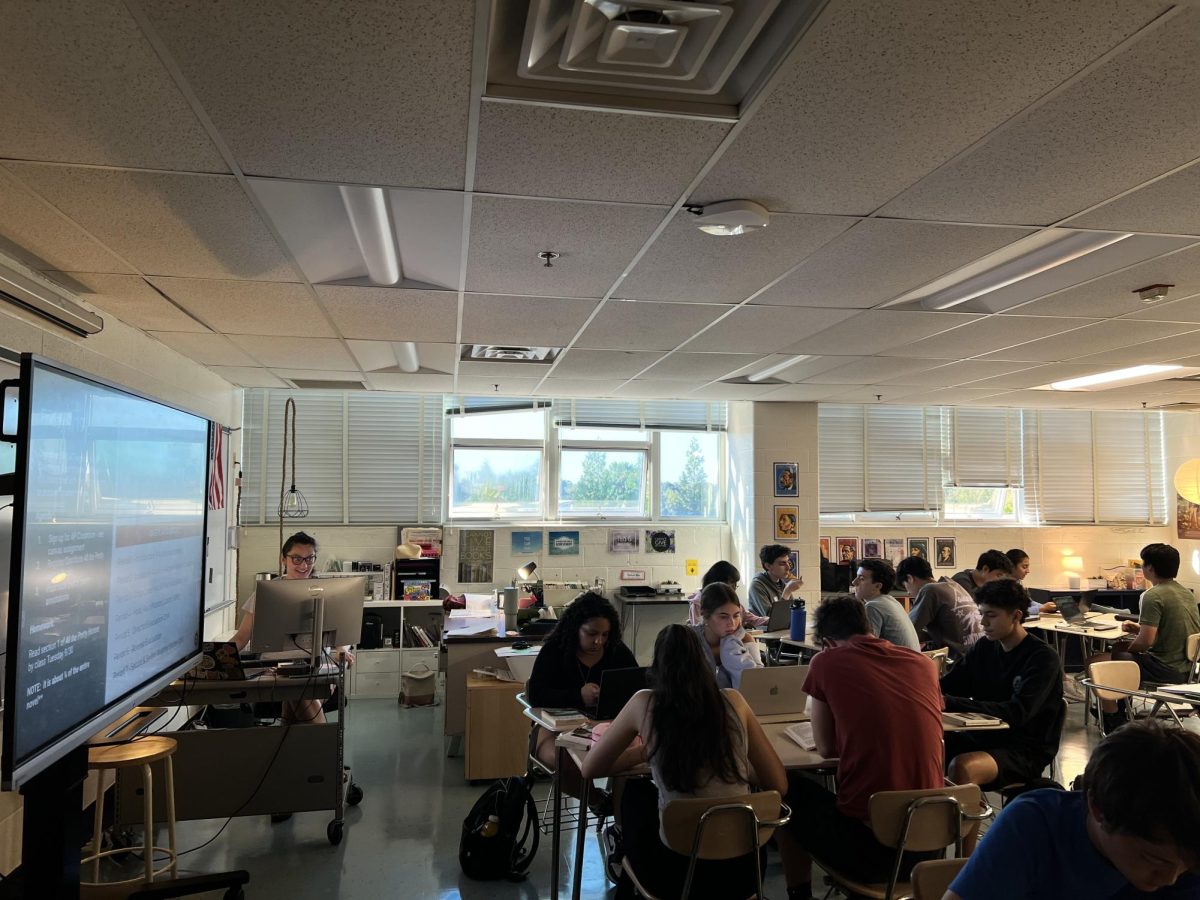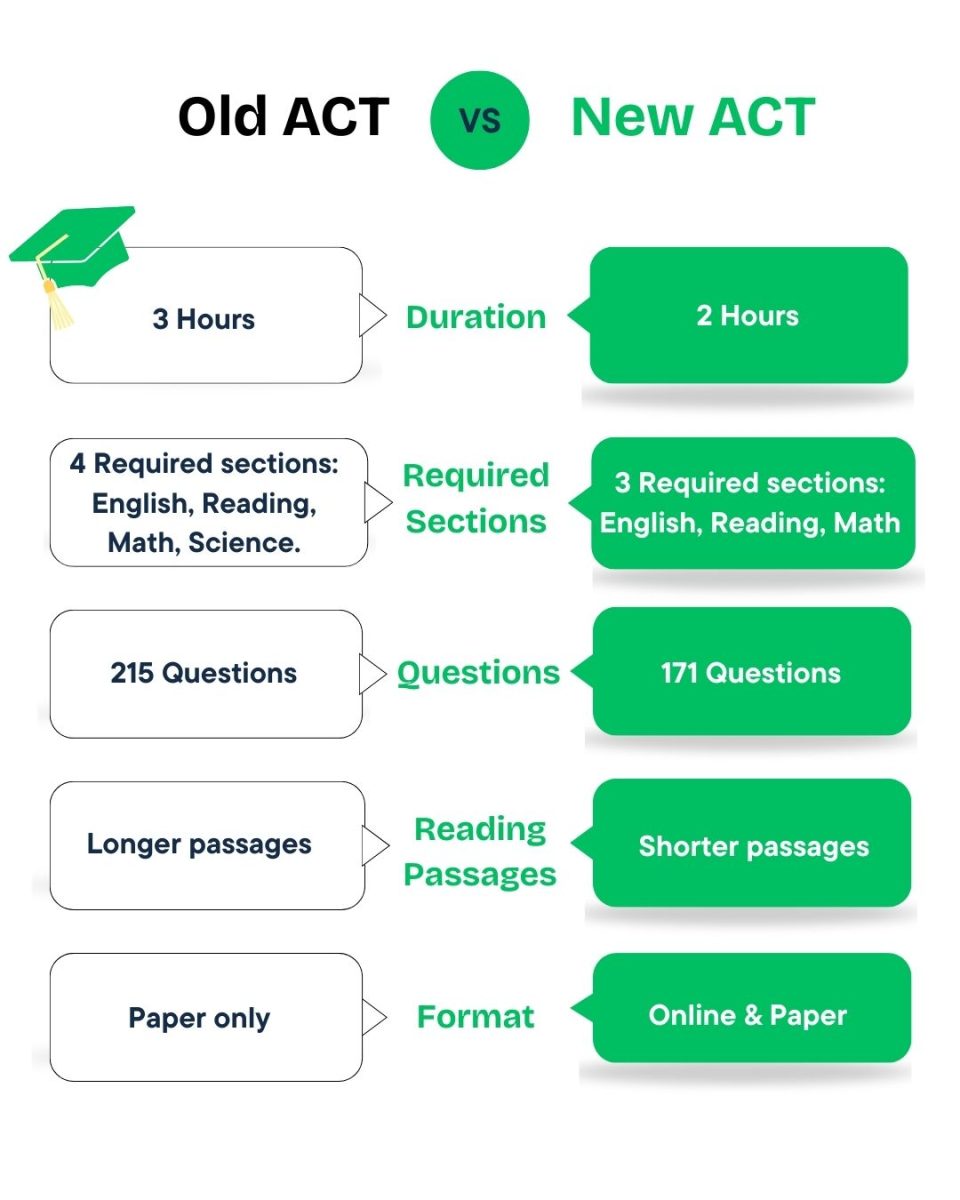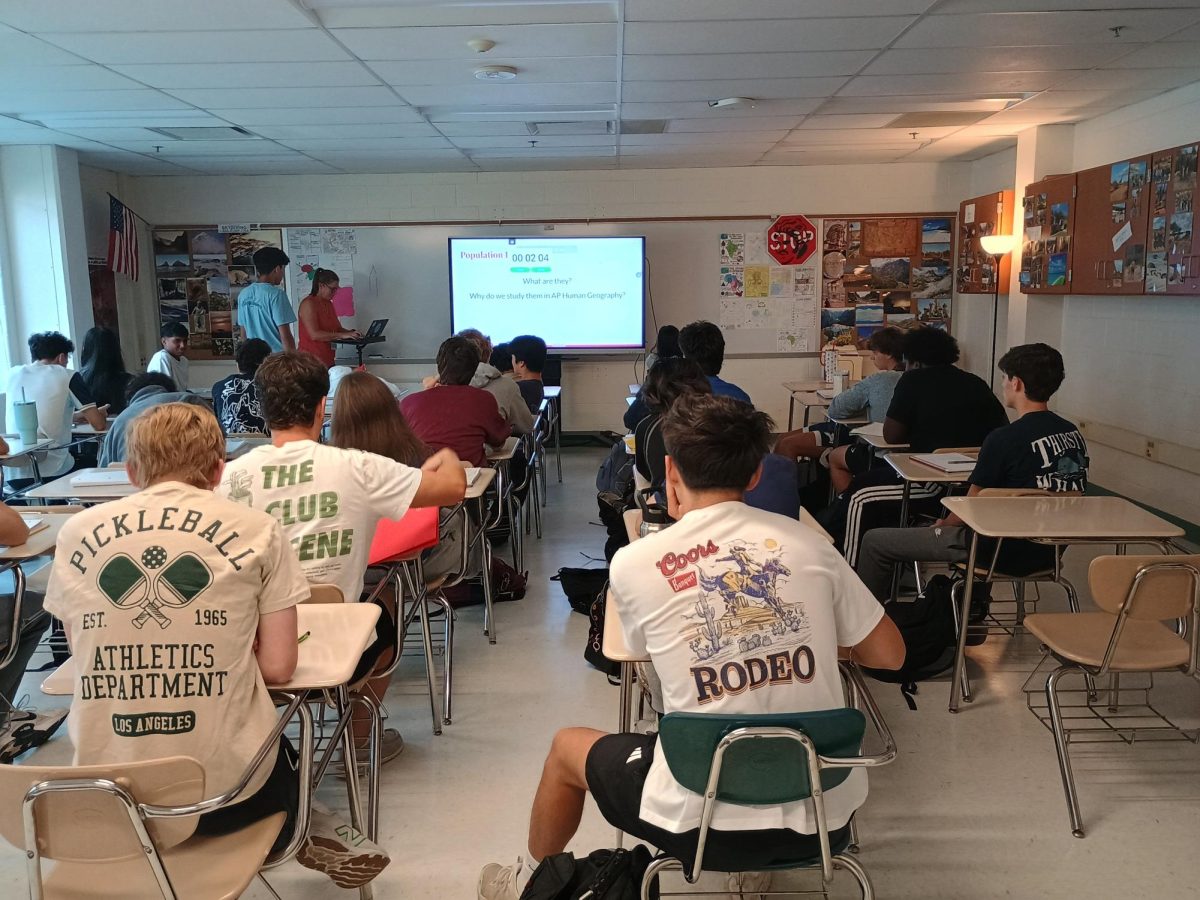 “This summer I flew to China,” said senior Jeremy Peck. “Just expecting to go to Beijing, see the usual stuff, and then go to a different province and live like the locals and try to study Chinese. But when we got to the airport…”
“This summer I flew to China,” said senior Jeremy Peck. “Just expecting to go to Beijing, see the usual stuff, and then go to a different province and live like the locals and try to study Chinese. But when we got to the airport…”
Two Walter Johnson students boarded a plane on July 14, sitting restlessly with 20 other students through the 14-hour long flight to Beijing, China, where they expected to spend three weeks immersed in Chinese culture. What they were unaware of was the extra passenger aboard the flight. Nestled between two students sat the H1N1influenza virus, waiting to infiltrate the immune systems of seven teenagers and cause the quarantine over 2000 Chinese citizens.
“We didn’t know this at the time,” said McKee. “But apparently there was one kid in our group who showed up to the airport not feeling well. And of course he didn’t tell anyone because he would’ve been turned away.”
Peck and fellow senior Norine McKee were among the traveling students. The summer program they had registered for was a collaboration between Hanban, a non-governmental section of the Chinese Language Council International, and the Confucius Institute at the University of Maryland. Together, these two organizations strive to provide students internationally with knowledge and experience of China to bridge culture gaps. Hanban provided the trip free of cost.
Once at the Beijing airport, the program agenda was rearranged as Chinese Aviation Officials thoroughly checked each passenger for flu symptoms.
“These people come on in total white medical outfits with these masks,” said Peck. “And they come on with these guns, these radar guns, and they take everybody’s temperature by zapping their forehead.”
All students were able to make it off the plane without showing any signs of having contracted the H1N1 virus, commonly referred to as swine flu. However, the students’ temperatures were taken again off the plane as an additional health precaution, and one student, whose name has remained unstated, was taken away to a hospital.
One student smaller, the group went to a school, which they were supposed to stay at for the first part of their trip. After the students unpacked their bags, the sight seeing began and a feeling of normalcy returned to the program. The students went to see the Bird’s Nest, the Olympic stadium on that first day. The next day the students woke up, planning on being shown the Forbidden City, but then began the quarantine. The students had to stay in the school and were not supposed to leave their respective rooms.
“[The Chinese Hanban officials] were just like, ‘No. [The first student] tested positive for swine flu, so you guys are quarantined,'” said Peck. “And then we were quarantined again the next day, and that day was even more intense. They took our temperature four times everyday.”
On this second day of quarantine, two more students were determined to be exhibiting flu symptoms and were taken away to a different hospital. According to McKee, these two students were sitting on either side of the first boy who was confirmed to have the H1N1 virus.
“Everyday it was kind of the same thing, one more person got taken away, so it was like this crazy horror movie where everybody is getting picked off one by one,” said Peck.
Eventually, the Chinese government had the students transferred to a quarantine hotel, specifically designated for people exhibiting signs of the H1N1 virus because they did not want to risk infecting the entire school of 2000 Chinese students, who had already been quarantined within their school due to the risk of infection from the American group.
On the third day, both Peck and McKee were taken away from the group and brought to separate hospitals.
“They got an ambulance to come after making me sit outside in 98 degree weather for an hour waiting because they didn’t want me to be in the same sick room as the non-infected,” said McKee. “I was going in an ambulance driven by two people in legitimate Hazmat suits to a hospital without any supervision whatsoever in China. We wound up at what looked like a warehouse. They made me sit outside and I was exhausted because I hadn’t eaten anything all day and I’d barely slept. So they took my blood and eventually they just put me in this little room and they gave me a mask and they said you can’t come out of the room without wearing the mask.”
To the trip advisor’s dissatisfaction, McKee was not taken to the proper hospital. In China, McKee explained, the hospitals for foreigners and political officials are much nicer than those for Chinese citizens. Once transferred to the correct hospital, McKee and others were treated very well both medically and socially, being given laptops and MP3 players to entertain themselves and plenty of food.
Peck, who was taken away from the quarantine hotel the same day as McKee, was caught with a temperature of 37.6 degrees Celsius, whereas a 37.5 degree temperature was considered acceptable.
“They tested me and swabbed my throat and I didn’t have swine flu so I got to go back,” said Peck. “Me and the kid who had swine flu at the beginning, who was recovered at this point, went to a 5 star hotel.” The hotel was expense free as well, paid for by the Chinese government.
From there, Peck joined a British group of students who were sight seeing around China as well and was “adopted” by their chaperone until eventually all the students who had been taken to the hospitals and those who had remained at the quarantine hotel were able to rejoin the original group at the five-star hotel.
“I felt so bad for our chaperones because there were 22 of us and two chaperones and we were all scattered about Beijing at various hospitals,” said Peck.
The entire group was offered the option of extending their trip for no cost so that they would be able to see the sights they originally intended to.
“We went to the Forbidden City and Tiananmen Square, the Temple of Heaven, we went to the Olympic stadium, and we went shopping,” said McKee. “We went walking on the streets of Beijing after dark and it was really fun and we saw people selling lizard on a stick and that was pretty interesting. I had corn ice cream for the first time in my life, it was pretty good. All in all, it was fun.”
— AS SEEN IN PRINT







